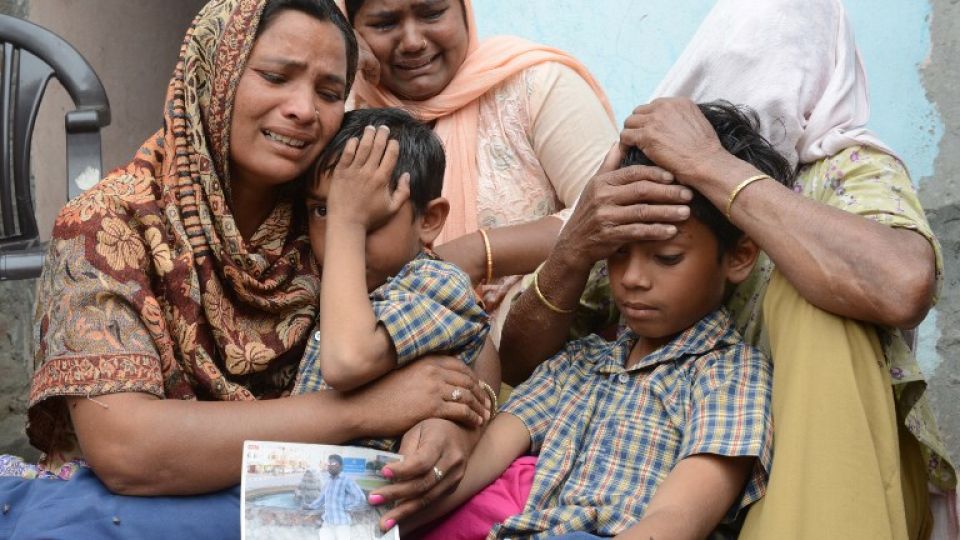February 27, 2020
Witnesses said Delhi police, who were outnumbered, did little to stop the violence, mostly standing by while groups pelted each other with stones, and vandalised vehicles and property.
At least 10 people, including a cop, have been killed in India’s capital city Delhi since Monday (Feb 24), in a worrying outbreak of communal violence between those protesting a controversial citizenship law and groups who oppose them.
The violence, marked by arson and stone pelting, continued on Tuesday less than 20km from where Prime Minister Narendra Modi and US President Donald Trump were holding talks. Even journalists reporting on the spot were attacked and forced to delete pictures and footage.
More than 100 people have been injured, according to media reports, including some by bullets.
Schools were ordered shut on Tuesday in north-east Delhi and business remained mostly closed in neighbourhoods where the clashes occurred.
Several parts of country have witnessed demonstrations against the Citizenship Amendment Act (CAA), which came into law in December expediting citizenship for non-Muslim illegal immigrants from Pakistan, Bangladesh and Afghanistan.
The law has been criticised for introducing religion in determining citizenship, and prompted concerns that Muslims declared as aliens under a proposed National Register of Citizens will not receive amnesty offered to other groups under the CAA.
Violence broke out in some Muslim-majority areas in north-east Delhi on Sunday. This followed a move by around 200 women who began a sit-in demonstration in the Jaffrabad neighbourhood on Saturday night, blocking a key road. It drew attention from a local Bharatiya Janata Party (BJP) leader, Mr Kapil Mishra, who held a rally nearby against the demonstration and asked the Delhi police to have the spot cleared, failing which, he said, he and his supporters would intervene.
Residents from and around Jaffrabad, a Muslim-dominated locality, told The Straits Times that violence began soon after. They added that Muslims in nearby neighbourhoods were being targeted by Hindu mobs, many of them outsiders.
Several business establishments, including a tyre market with mostly Muslim sellers, were also attacked. Vehicles and homes were torched and at least one Muslim shrine set on fire.
Witnesses said Delhi police, who were outnumbered, did little to stop the violence, mostly standing by while groups pelted each other with stones, and vandalised vehicles and property.
The capital’s police force reports directly to the federal government, led by the BJP.
Images from Monday’s violence showed an anti-CAA protester firing several rounds from a pistol next to a policeman. A Reuters photo that was widely shared captured a bloodied man on the ground surrounded by attackers, and social media footage showed groups chanting “Jai Shri Ram” (a Hindu religious slogan) and attacking Muslim neighbourhoods.
Locals, who did not wish to be named, told The Straits Times they had locked themselves inside their homes, fearing further attacks.
Demonstrations against the CAA have so far been mostly peaceful and largely led by Muslims with support from many Hindus.


